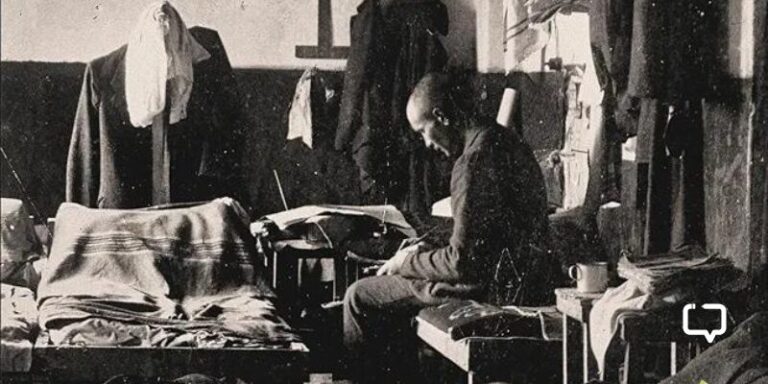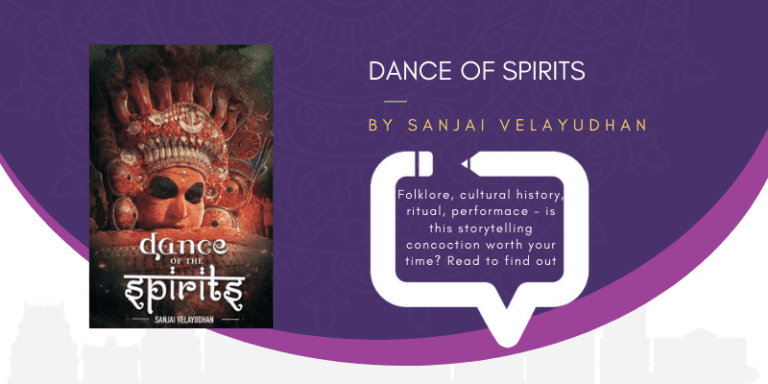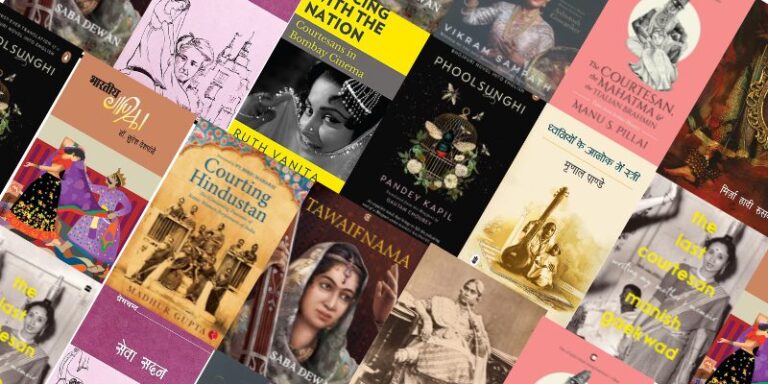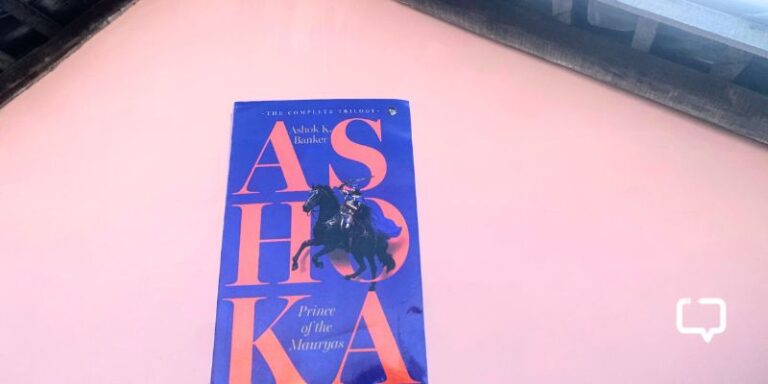Akankshya Abismruta reviews Rimli Sengupta’s A Lost People’s Archive (Published by Aleph Book Company, June 2023)
Rimli Sengupta’s second novel A Lost People’s Archive is about the impact of the partition of India on the people of present-day Bangladesh, known in the book as Bangals, different from the Bengali folks of India. The Punjab partition saw the impact and response immediately after the Radcliffe line was drawn. Even before the formation of India and Pakistan, people had begun migrating in numbers due to the rise in communal riots. Sengupta’s novel is based on the premise that, unlike the partition of Punjab, the people responded very differently and slowly to the partition of Bengal over the decades.
A Lost People’s Archive begins with a notebook compiled by one of the protagonists, Shishu, to give to the other protagonist, Noni-Di. He was going to meet her after 64 years of separation. Noni-di was three years older than Shishu and was separated from him upon her marriage. She inspired Shishu to write poems, perhaps as a way of keeping her literary interests alive after marriage. Shishu was imprisoned with a death sentence at the age of 14. Both of them are upper-caste Brahmins.
We encourage you to buy books from a local bookstore. If that is not possible, please use the links on the page and support us. Thank you.
People’s Archive: Lost & Found
The novel shows his curve of education—from joining the right-wing Tarun Sangh to becoming a member of the communist party. He was chosen to murder a policeman by the members of Tarun Sangha. Later in jails, Alipore Central Jail and Cellular Jail in Andaman, he read and educated himself about the left-wing communist party. Through his education of various political ideologies, he is not a person who simply follows what he is told blindly. Even as a kid, he could ask, how does killing Muslims help in the fight to attain India’s freedom from the British? Later, he was ashamed to be a Communist Party member. The party sided with the British during the Quit India Movement.

Through Shishu, we are given a nuanced picture of the changing political scenarios of Bengal and its treatment of upper-caste Brahmins vis-a-vis Namashudra Dalits and Muslims. One of the significant ways in which this shows up in the book is through the ‘kaagaz nahi dikhaenge’ slogan taken up by the people of India during the CAA NRC bill protests in the recent past. A few privileged people got their refugee certificates during the partition. Most of the people lost the papers during displacement, claims to land, and anything that could bind them as citizens on paper.
Recommended Reads: Partition Literature: Books you must read
Story Behind People’s Archive
Noni-Di becomes the matriarch of a huge household, with 11 children and 22 grandchildren. During the partition of India, she travels with her children to Calcutta as her husband stays back in order to provide for them monetarily. She raises her children in a small basement room till her firstborn is old enough to provide for the family. In her attempts to create a better livelihood, she doesn’t feel remorse for crushing her son’s dreams. Her struggles as an upper-caste Brahmin woman are juxtaposed with the disturbing and vivid images of refugees who had no place to go to, of women who were trying to save their children.
Sengupta’s narration blurs the line between real and imaginary, with a cautionary warning to the reader. Inspired by a real-life notebook that she found with her grandmother, she weaves the story of Shishu and Noni-Di. The narration is divided into four parts that metaphorically depict the various stages of the national struggle in Bengal – Kindling, Fire, Embers, and Ash. It segues from the personal lives of the protagonists to the larger political life of the state and its people. It tells history through the imagined lives of characters through the ‘notebook’, objects that crossed the border, and a ghost residing in the narrator’s mind to make sense of historical events.
It is a story of a land and its people, dislocated. It is a story of finding happiness in building a home in a similar geography in the Havelock islands in Andaman versus the struggles and quiet discontent of being on the mainland, far away from the feeling of home. It is the tale of the pangs of memory and remembrance versus history. It is the tale of Bangals.
Favourite quote from The Lost People’s Archive
‘Did you know this was coming?’ I ask the ghost.
‘The actual partition? Not even in February, no,’ he shakes his head, reliving an old incredulity. ‘The date was set for August but the deed was already finalized in June. So really four months from conception to delivery. Less than half the time for a human baby. Is it any wonder, then, that the results were less than human? A miscarried foetus, that’s what we got,’ his lips curl in disgust, ‘and we’ve been forcing it to live ever since!’
Have you read this powerful story of dislocated land and its people? What do you think of it? Drop a comment below and let us know!
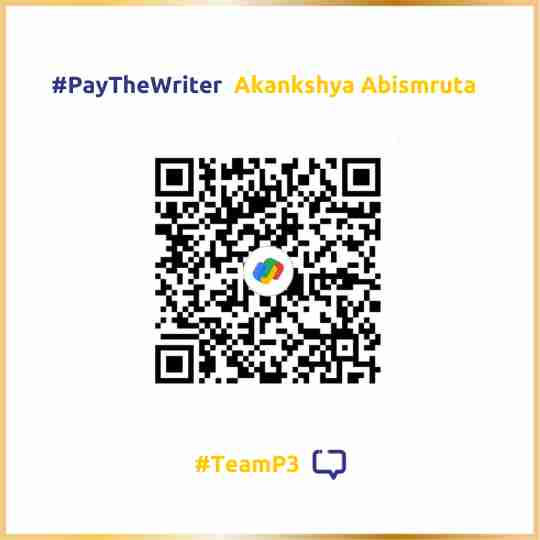
As part of our effort to compensate our writers better, we at Purple Pencil Project have launched the #PayTheWriter initiative, where readers can directly show support and appreciation for our wonderful team.
Scan or upload this image on your UPI app, and show them the love 😀









